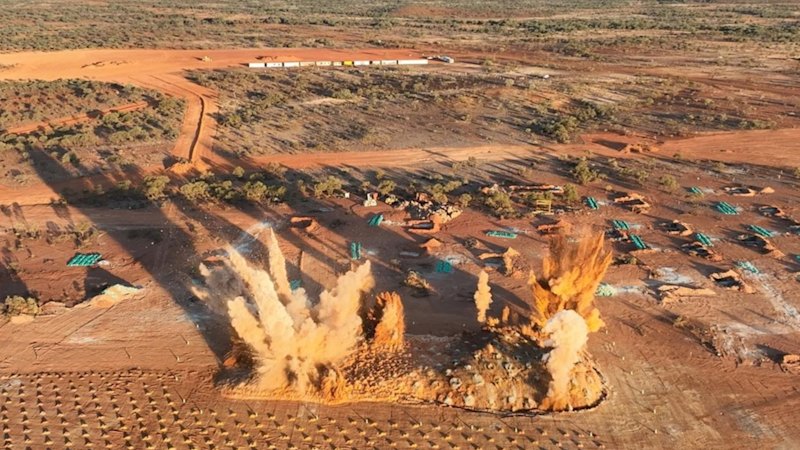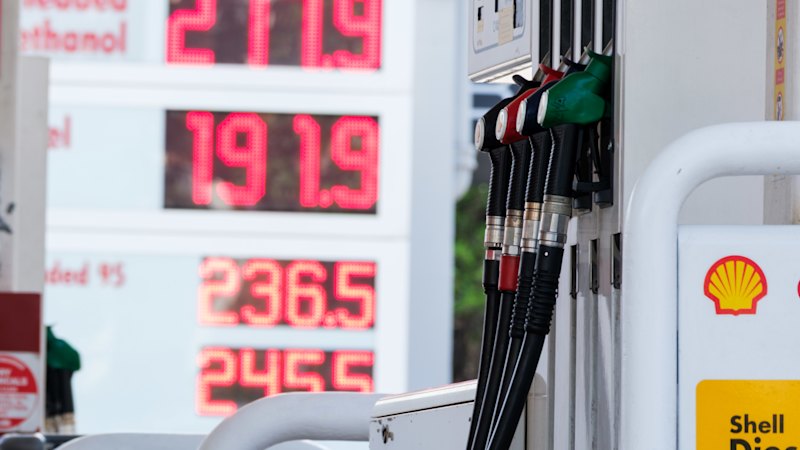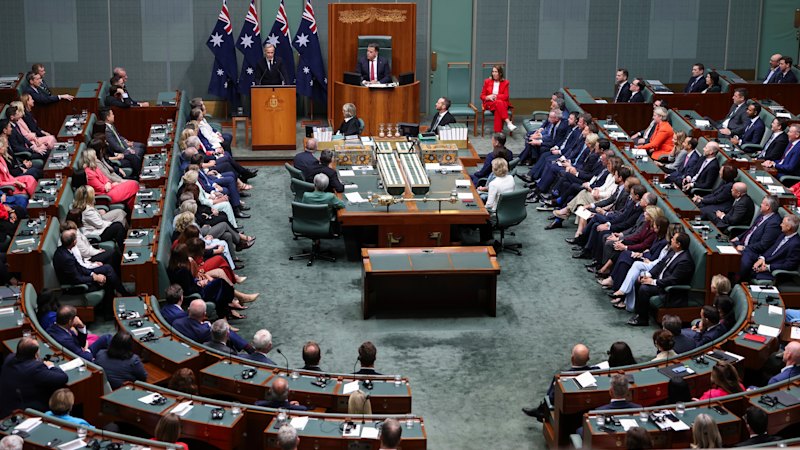
In a significant move, the US Department of Agriculture announced plans to rescind the “Roadless Rule,” a decades-old regulation that has protected 58.5 million acres of national forestland from road construction and timber harvesting since 2001. This decision, reported by the Los Angeles Times, has sparked a heated debate between government officials and environmental groups.
The announcement comes as public land policies are under intense scrutiny. US Agriculture Secretary Brooke Rollins described the rule as “outdated,” a sentiment not shared by environmental advocates who have vowed to challenge the decision in court. According to the Washington Post, these groups argue that the rule provides essential protection for wilderness areas within national forests.
Public Lands Under Pressure
The controversy surrounding public lands is not limited to the Roadless Rule. In Utah, Republican Senator Mike Lee withdrew a proposal to sell public lands for housing developments. This proposal was part of the “Big Beautiful Bill,” a domestic policy package that has faced significant opposition, even from within Lee’s party. The Salt Lake Tribune reported that Lee attributed the failure of his proposal to “misinformation,” although Politico noted that opposition from Western Republicans was a major factor.
Meanwhile, the Senate narrowly passed the bill, which now returns to the House for further approval. The Washington Post highlighted that many House members are dissatisfied with the Senate’s amendments, indicating a rocky path ahead for the legislation.
Climate Change and Gig Workers in India
As climate change continues to impact global economies, India’s gig workers are facing unique challenges. The country’s booming food delivery industry, driven by urbanization and increased smartphone usage, has left its 7.7 million delivery workers vulnerable to extreme weather conditions. Aruna Chandrasekhar, reporting from Mumbai, sheds light on the plight of these workers who brave extreme heat and flooding to deliver goods.
According to a study published in Nature Cities, there is a “significant surge” in food delivery orders during the hottest days, transferring heat exposure from consumers to delivery riders. This issue is compounded by the lack of social protections for gig workers, who often work long hours under harsh conditions.
“Is 10-minute delivery even possible? Can we look at humans as humans and not as robots?” – Shaik Salauddin, TGPWU founder
Shaik Salauddin, a union leader and general secretary of the Indian Federation of App-Based Transport Workers (IFAT), is advocating for better recognition of the challenges faced by delivery workers. He emphasizes the need for systemic changes, including government engagement with unions and improved working conditions for gig workers.
Bonn to Belém: Global Climate Talks
In the international arena, climate talks in Bonn have highlighted the intersection of agriculture and climate change. The discussions, part of the Sharm-el-Sheikh joint work on climate action, focused on integrating climate considerations into national food plans. Teresa Anderson from Action Aid noted that negotiations have led to more targeted guidance to identify finance gaps in agriculture.
Adaptation was a key theme at the Bonn talks, with countries narrowing down a list of indicators for the global goal on adaptation (GGA). However, divisions remain between developed and developing nations on the inclusion of finance-related indicators. The final text invites experts to refine these indicators further.
Meanwhile, Brazil’s Tropical Forest Forever Fund gained support during London Climate Action Week. The fund aims to secure $4-5 billion annually for forest investments, with a significant portion allocated to Indigenous peoples and local communities. Brazil’s environment minister, Marina Silva, emphasized the importance of remunerating those who protect forests, framing it as an investment rather than charity.
Implications and Future Directions
The developments in both the US and India underscore the complex challenges at the intersection of climate change, public policy, and economic livelihoods. The rollback of the Roadless Rule could have lasting impacts on US forest conservation efforts, while the struggles of India’s gig workers highlight the need for more robust social protections in the face of climate change.
As global climate talks continue, the focus on agriculture and adaptation remains crucial. The outcomes of these discussions will likely influence future policy directions, particularly in terms of financing and support for vulnerable communities.
Looking ahead, the responsibilities of delivery platforms and governments in addressing climate impacts on workers will be a critical area of focus. As Salauddin points out, the future of work must consider the realities of climate change and the need for sustainable livelihoods.







